With B Corps, women are creating purpose-first businesses
by Claudia Laroye
When Nora Livingstone founded her ethical animal volunteering company in 2012, she didn’t want to conduct business as usual.
“The traditional western business model dictates that new businesses are supposed to sacrifice ethics and regenerative practices… that it’s too much investment at the beginning,” she recalls wryly.
Livingstone needed a way to determine a quantifiable benefit from the ‘good choices’ she and her business partner intended to make in the travel space. In 2013, her company Animal Experience International (AEI), became a B Corp. with the goal of helping travellers travel better and make a difference by volunteering with animals.
Like other principled women-owned travel operators, Livingstone was not interested in sacrificing ethics in the name of profits. She wanted a better way and found it through the process of B Corp certification.
What is a B Corp?
As defined by non-profit certifier network B LabTM, “certified B Corporations are leaders in the global movement for an inclusive, equitable, and regenerative economy.”
Unlike other accreditation programs, B Corp certification is unique in measuring a business’s entire social and environmental impact. The B stands for “benefit,” and the goal for a B Corp-certified company is to make business purposeful beyond profit margins – to operate businesses as part of a holistic human system, not separate from it.
B Corps should be accountable not only to shareholders but to the people who are employed by them, those who wish to interact, hire or work with them, and they must demonstrate stewardship of the environment in which they operate.
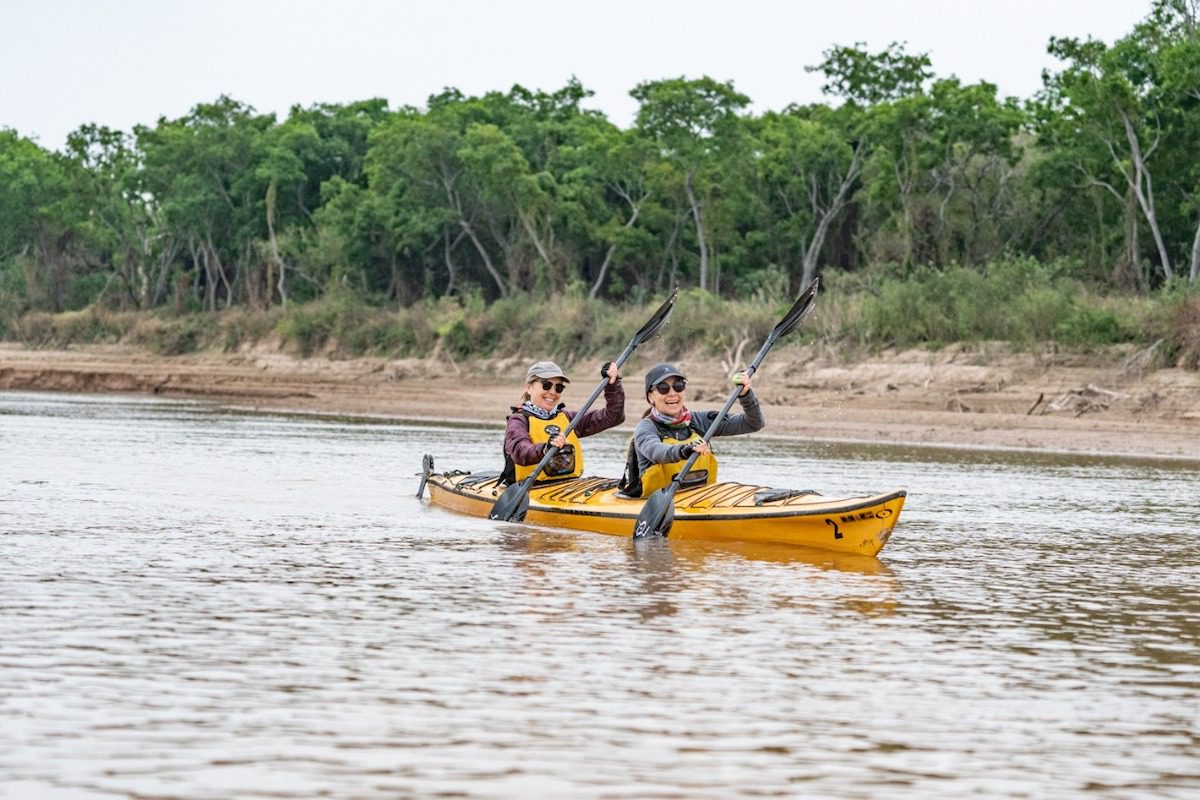
Ana Ines Figueroa of Adentrando / Photo provided by Ana Ines Figueroa
How B Corp certification works
B Corp certification determines a business’s accountability through a rigorous evaluation process measuring governance, transparency and responsibility. Every aspect of business performance is quantified, from the state of employee benefits to supply chain practices, governance and charitable giving.
According to its own data, the B Corp Movement positively impacts nearly 300,000 workers at over 4,000 companies across 150 industries in 77 countries.
For Rebecca Braak, the CEO of Rebecca Adventure Travel based in Ecuador, the process from application through to certification took about 18 months. “We had to complete an assessment of all different processes in our business. Every decision we are making should be compliant to our triple impact intention,” says Braak.
During the assessment phase of a B Corp application, a business must provide B Lab with comprehensive and credible impact standards to support economic systems change. There is a baseline criterion that needs to be met before the process begins. B Lab provides businesses with a free self-assessment tool.
The five main Impact Pillars of B Corps include; Governance (a company’s ethics and transparency), Workers (their financial security, health and wellness), Community (diversity, inclusion, civic engagement), Environment (management practices impacting the natural realm) and Customer Stewardship (quality of products, services, data privacy).
The B Corp pillars fit well into Braak’s company mission, operating small group tours in Ecuador and Galapagos with a focus on using travel as a force for good. “We are making sure the local communities benefit from travel,” she says.
In Braak’s case, she applies responsible travel processes both internally as an organization with 15 full-time employees, and externally, only working with family-owned accommodations and setting out codes of conduct for external stakeholders.
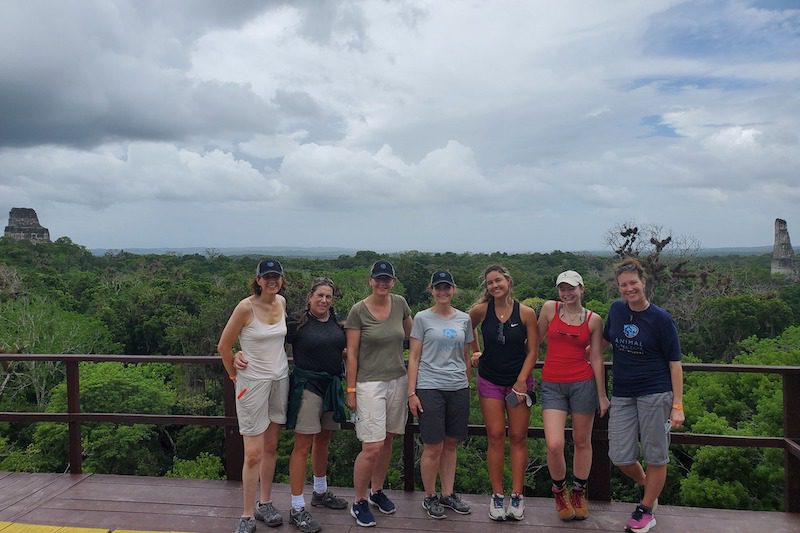
Nora Livingstone and her group in Guatemala / Photo by Animal Experience International
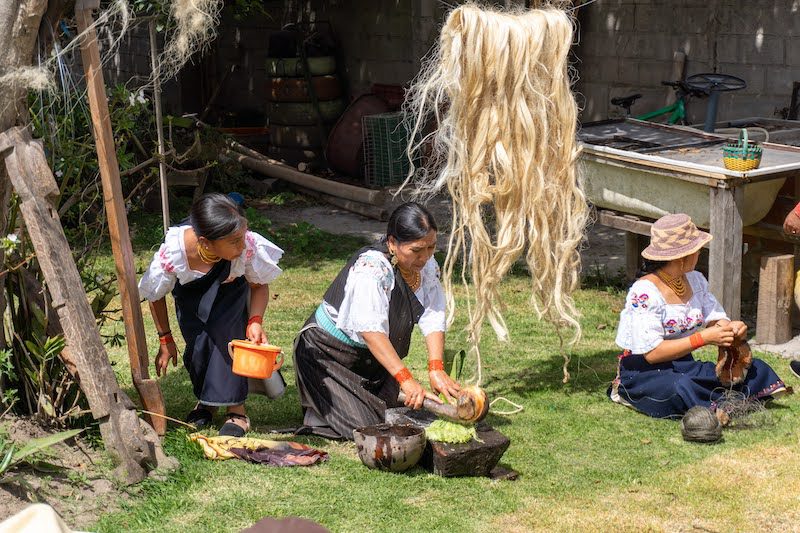
Challenges for smaller operators
For new or small-sized tour operators, the work involved in gathering the necessary data for B Corp certification is not minor. The process can take time and involve a lot of information gathering and data collection.
Based in Argentina, Ana Ines Figueroa found her certification process delayed by the pandemic pause which impacted her business operations. She is still interested in going through certification for her custom trip planning company, Adentrando, but “there is a lot of written documentation that is required, and the truth is I do not have the time or people-power to do this.”
Figueroa hopes this situation changes in the future, as certification can help businesses understand SDGs (Sustainable Development Goals) and add value for clients who “can trust that your company has been verified for transparency” and traceability of the social and environmental impact of operations.
Miléna Georgeault of Terre Boréale, operating remote canoe and trekking experiences in the Yukon, Canada, feels there are both challenges and rewards that come with the certification process.
“When we initially began using the B Corp assessment platform, our goal was not to obtain certification, but to identify areas where we could improve the impact of our business.”
In achieving certification in 2023 after a two-year journey, she and her husband and business partner Maxime Gouyou-Beauchamps were delighted.
“We are very proud of our accomplishment as there are only two receptive tour operators holding that title in Canada. It validates our practices and ensures that an independent third party has rigorously reviewed our business model, policies, and actions,” she notes.
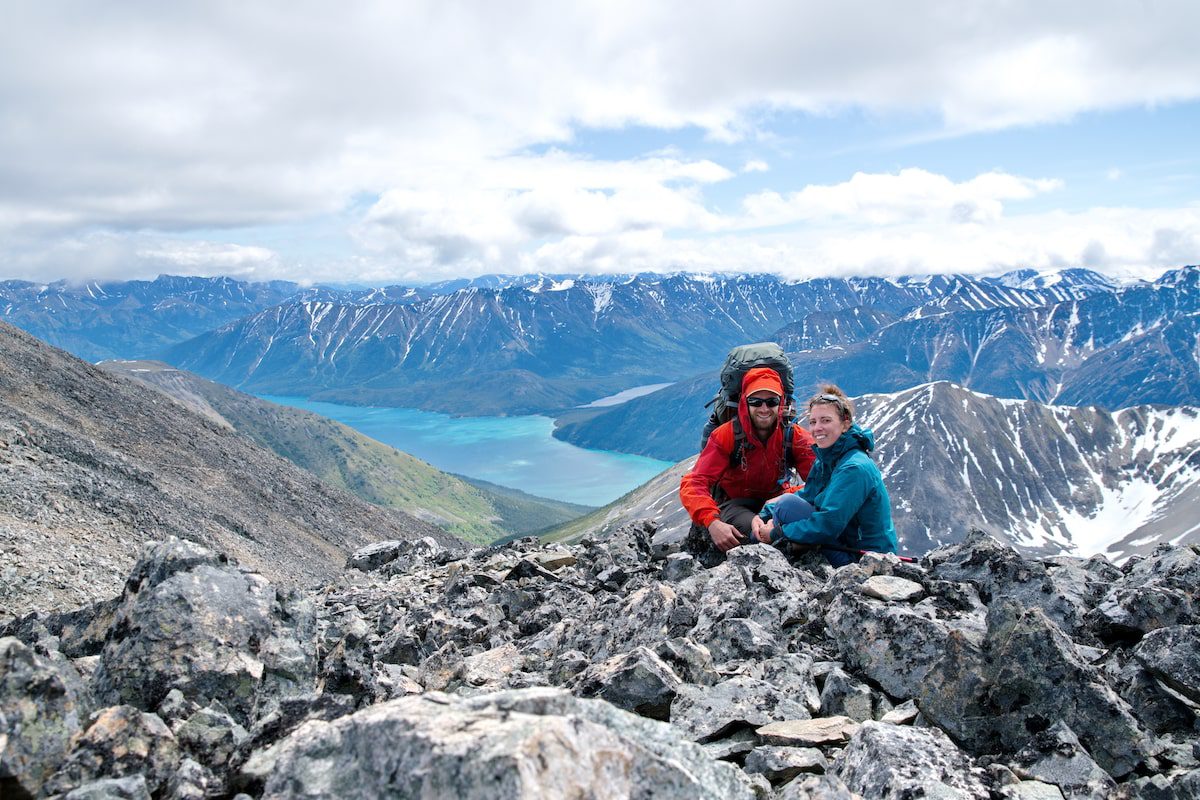
What B Corp certification means to the adventure traveller
For the traveller who is as passionate about adventure as she is about ensuring her travel dollars make a real difference in supporting the places and people she meets, B Corps offer both value and assurance.
For travel operators, it’s the same. Karen Simmonds, CEO & Founder of UK-based Travel Matters Ltd, believes that B Corp certification sets her business apart from other tour operators in a crowded field.
For her clients who know about B Corps, “they are pleased to support what it stands for” in booking with Travel Matters, which became B Corp certified in 2023.
The certification is not a one-and-done. Simmonds notes that the company must ensure that its standards to “make travel matter” are maintained as the reapplication process takes place every three years.
For Livingstone, her company’s decades-long B Corp certified status has paid dividends for her company.
“We get a lot of clients because we are a B Corp!” she says. “There has been a cultural shift in international volunteering and people have a greater understanding of their impacts while travelling. To be able to have a number that shows the quantifiable benefit to our programs, helps people make a choice they can be proud of.”
More on Being a Sustainable Traveller
15 Stunning Train Trips to Inspire Your Travels in 2025
These train trips across Europe, Asia, Africa and Canada remind us that the journey can be more memorable than the destination.
Travel with Purpose: Volunteering at a Turtle Conservation Project in Costa Rica Makes My Dream Real
As a volunteer on a turtle conservation project in Costa Rica with Conservation VIP, I fulfilled a long-held dream to help baby turtles.
Transforming an Abandoned Quarry Into a Vineyard: A Story of Sustainability in Mallorca
On the wine-producing island of Mallorca, Spain, entrepreneur Virginia Pones is bringing an abandoned quarry back to life as a winery, reviving her husband’s family business.






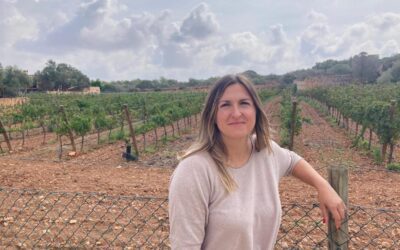
0 Comments
We always strive to use real photos from our own adventures, provided by the guest writer or from our personal travels. However, in some cases, due to photo quality, we must use stock photography. If you have any questions about the photography please let us know.
Disclaimer: We are so happy that you are checking out this page right now! We only recommend things that are suggested by our community, or through our own experience, that we believe will be helpful and practical for you. Some of our pages contain links, which means we’re part of an affiliate program for the product being mentioned. Should you decide to purchase a product using a link from on our site, JourneyWoman may earn a small commission from the retailer, which helps us maintain our beautiful website. JourneyWoman is an Amazon Associate and earns from qualifying purchases. Thank you!
We want to hear what you think about this article, and we welcome any updates or changes to improve it. You can comment below, or send an email to us at [email protected].